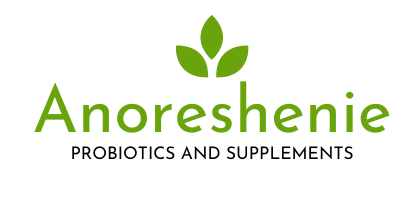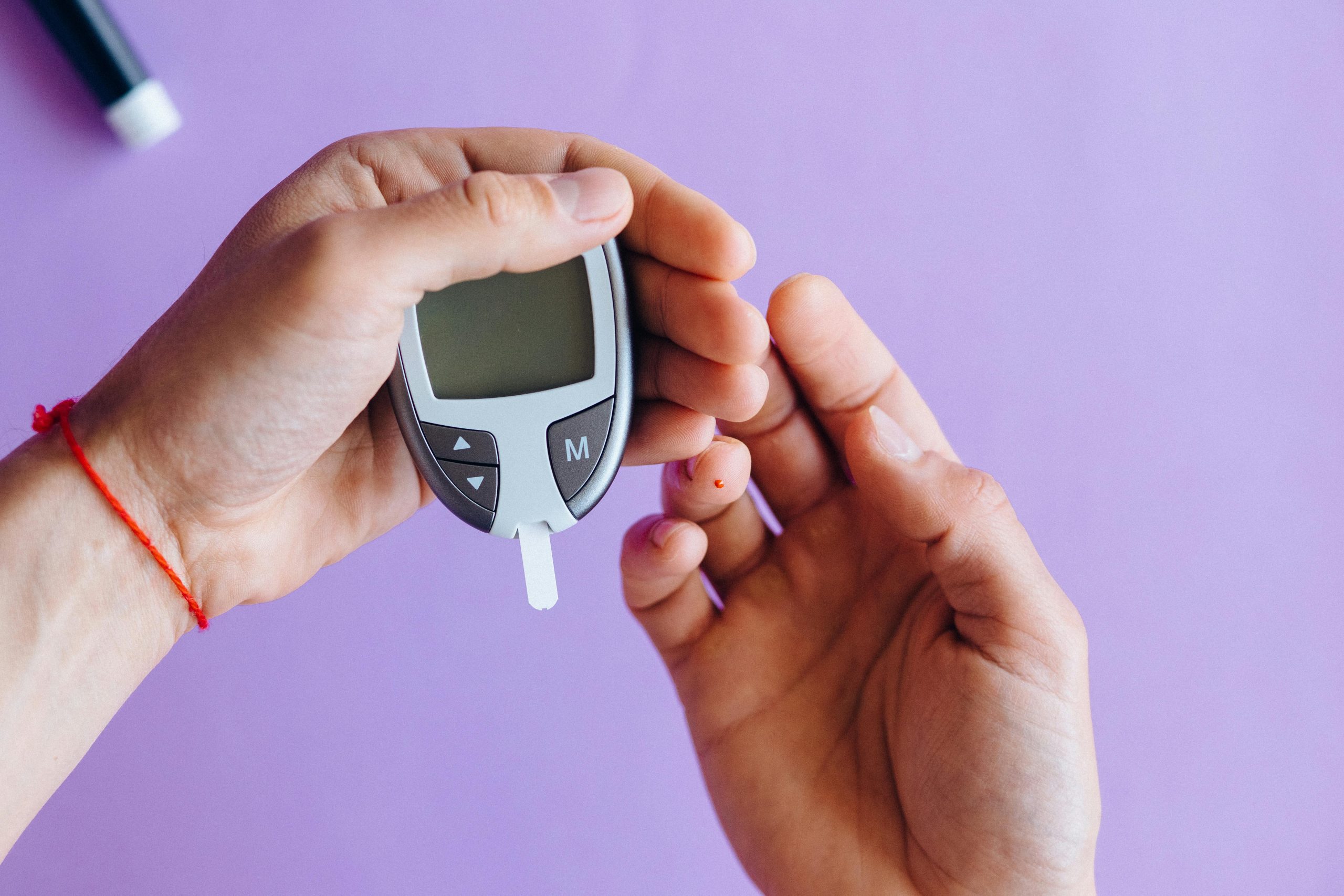What are the health supplements?
Health supplements work like helpers for your body. They provide extra nutrients, like vitamins and minerals, that your body needs to stay healthy. These nutrients help your body do its job better, like keeping your bones strong or helping your immune system fight off sickness. Just like how food gives you energy and keeps you strong, supplements give you a boost in certain areas. They can fill in the gaps if you’re not getting enough nutrients from your diet alone. So, the job of health supplements is to support your body and keep it running smoothly. But remember, it’s important to use them carefully and talk to a doctor before starting anything new.
How do these health supplements work?
1. Filling Nutritional Gaps: Sometimes, even if we try to eat healthy, we might not get all the nutrients our bodies need from food alone. That’s where supplements come in. They provide those missing nutrients, like vitamin C or calcium, to make sure our bodies have everything they need to function properly.
2. Supporting Body Functions: Each nutrient in a supplement plays a specific role in our bodies. For example, calcium helps make our bones strong, while vitamin C helps our immune system fight off germs. When we take supplements, we’re giving our bodies extra help in doing these important jobs.
3. Addressing Specific Needs: Some people have special health needs that require extra nutrients. For example, pregnant women might need more folic acid to help their baby grow healthy and strong. Supplements can provide these extra nutrients to support specific health goals or conditions.
4. Boosting Overall Health: By providing our bodies with a variety of vitamins, minerals, and other nutrients, supplements help keep us feeling our best. They can improve our energy levels, support our mood, and even help us sleep better at night.
5. Preventing Deficiencies: Nutrient deficiencies can lead to health problems. For example, not getting enough vitamin D can weaken our bones, while a lack of iron can make us feel tired and weak. Supplements help prevent these deficiencies by ensuring our bodies have all the nutrients they need to stay healthy.
6. Enhancing Performance: Some supplements are popular among athletes and fitness enthusiasts because they claim to improve performance or speed up recovery after exercise. While more research is needed to confirm these claims, some people believe that supplements like protein powder or creatine can help them achieve their fitness goals.
Overall, health supplements work by providing our bodies with the extra nutrients they need to function properly, support specific health goals, and keep us feeling our best. However, it’s important to remember that supplements are not a substitute for a healthy diet and lifestyle, and it’s always best to talk to a doctor before starting any new supplement regimen.
Different types of health supplements
There are several different types of health supplements, and each type serves a specific purpose. Here are some common types of health supplements and how to use them:
1. Vitamins and Minerals: These supplements come in various forms, such as tablets, capsules, or liquid drops, and contain essential vitamins and minerals like vitamin C, vitamin D, calcium, and iron. They can be taken with water, typically once a day with a meal, as directed on the product label.
2. Herbal Supplements: Herbal supplements are made from plants or plant extracts and are available in various forms like capsules, tablets, teas, or powders. Examples include echinacea for immune support or ginkgo biloba for cognitive function. They are usually taken with water, following the recommended dosage on the product label or as advised by a healthcare professional.
3. Protein Supplements: Protein supplements are commonly used by athletes and fitness enthusiasts to support muscle growth and recovery. They usually come in the form of powders, which can be mixed with water, milk, or smoothies. Protein shakes are typically consumed before or after workouts, but they can also be used as meal replacements.
4. Fish Oil/Omega-3 Fatty Acids: These supplements contain omega-3 fatty acids, which are essential for heart health and brain function. They are usually found in soft gel capsules and should be taken with water, following the recommended dosage on the product label.
5. Probiotics: Probiotic supplements contain beneficial bacteria that support digestive health and boost the immune system. They come in various forms like capsules, tablets, or powders, and are typically taken with water, usually once a day with a meal.
6. Fiber Supplements: Fiber supplements are used to support digestive health and relieve constipation. They come in various forms like powders, capsules, or chewable tablets and should be taken with plenty of water, following the recommended dosage on the product label.
7. Multivitamins: Multivitamin supplements contain a combination of vitamins and minerals to support overall health and well-being. They are available in various forms like tablets, capsules, or gummies, and can be taken with water, typically once a day with a meal.
When using health supplements, it’s essential to follow the recommended dosage instructions on the product label or as advised by a healthcare professional. It’s also important to remember that supplements are meant to complement a healthy diet and lifestyle, not replace them. If you have any questions or concerns about using supplements, it’s best to consult with a healthcare professional.








